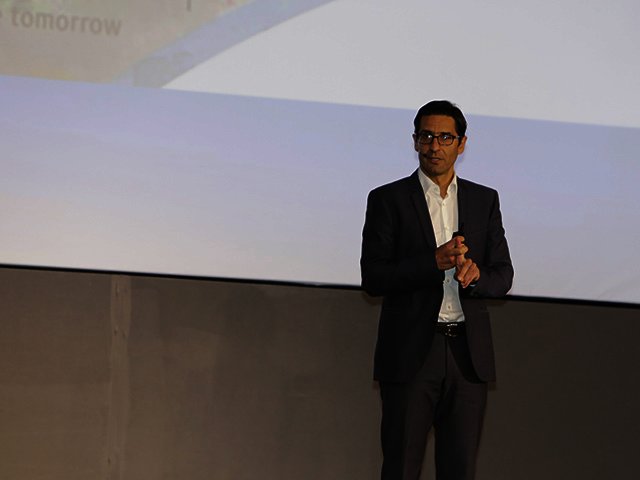One of the more interesting concepts being discussed at present is the concept of disruption, with industry players paying attention to how they can harness it to improve and innovate their business models.
Saki Missaikos, the MD of Internet Solutions, opened this year’s Internetix by pointing out that disruption (in many cases of an entire sector of business) can be so dramatic that even the most stable and oldest industries can find themselves changed overnight.
Positive disruption, he continued, occurs when old assumptions are challenged and new possibilities are sought, or when an alternative way to respond to an existing idea that is better or faster emerges.
Uber convenience
Missaikos pointed out that one of the prime examples of disruption is Uber, an app which enables its users to secure and pay for taxi, driver or rideshare options from their smartphone in cities around the world. What’s more, he pointed out, Uber was not a taxi company; as it doesn’t own a fleet of cars, but rather, connects those needing short term transport at a moment’s notice with those who sign up to act as drivers.
This, however, has thrown the taxi industry in some countries into turmoil, as it has disrupted, and in some cases, thoroughly upended existing taxi companies’ business models, to the point where these have tried to have Uber banned from their country. The taxi drivers, he pointed out, seeing the writing on the wall, meanwhile, had been quietly signing up with Uber.
People are the pivots
However, Missaikos stressed that while technology is the enabler of disruption, it was people acting in unison to a development that was relevant to its time that was key to successful disruption and the adoption of this new way of doing things.
“At first there was business-to-consumer (B2C) and then business-to-business (B2B), but now a new business model is emerging, called E2E, which stands for end-to-end, which focuses on customer experience,” he elaborated. For example, while passengers rate taxis on Uber’s system, the drivers likewise rate them. This means that the worst drivers drop off the system and the worst passengers similarly find themselves on the low end of the totem pole when it comes to accessing Uber’s worldwide taxi-securing service.
Watch your rating
Uber is not the only technology company disrupting traditional businesses. In a similar vein the likes of OpenTable and AirBNB similarly offer a far more convenient way of connecting those seeking a table in a restaurant or a place to stay with willing restaurants and accommodation providers respectively. Each side would rate the other, providing incentive for restaurants to dish up good service and for diners to be on their best behaviour if they each wish to rank highly on the system.
While businesses that embrace disruption stand to benefit from their innovative approach, there were also the victims; those industries or technologies which suddenly found themselves obsolete, with just some example being pagers, alarm clocks, contact books and paper-based mapbooks.
“Positive disruption happens because you cannot stop what people want, and I think that this kind of disruption is going to happen in every industry,” he warned. In closing, Missaikos advised businesses to start thinking about E2E, with a subtext that organisations need to be proactive with regards to how they can harness disruption, before they too become one of its unexpected casualties.





